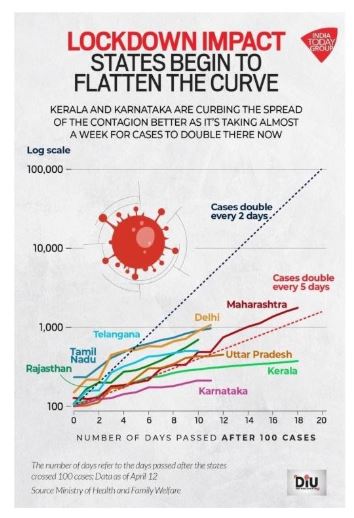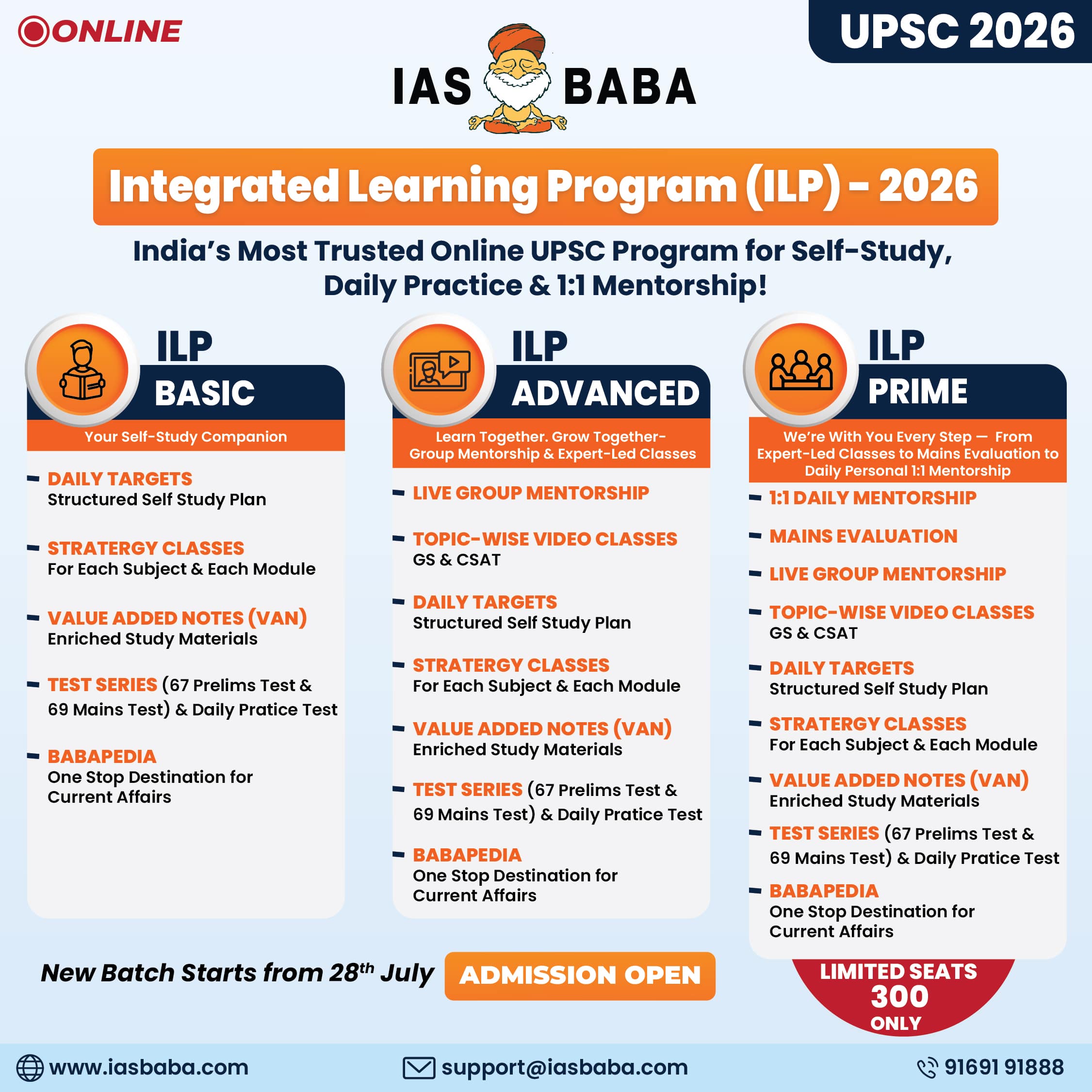UPSC Articles
POLITY/ GOVERNANCE/ SOCIETY
Topic: General Studies 2 & 3:
- Devolution of powers and finances up to local levels and challenges therein.
- Government policies and interventions for development in various sectors
- The role of NGOs, SHGs and various groups
COVID-19: Social democracy and dividends for Kerala
Context: Kerala was the first State with a recorded case of coronavirus
Given Kerala’s population density, deep connections to the global economy and the high international mobility of its citizens, it was primed to be COVID-19 hotspot.
However, Kerala has been able to effectively contain the pandemic leading to flattened coronavirus curve (refer the image below).

Daily Current Affairs IAS | UPSC Prelims and Mains Exam – 18th April 2020
Image Source: India Today
Kerala’s ability to effectively tackle crisis is attributed to its robust Social Democracy
What is Social Democracy and what are its features?
- Social democracies are built on an encompassing social pact with a political commitment to providing basic welfare and broad-based opportunity to all citizens
- It supports practical, progressive reforms of capitalism (free-market economy) and is more concerned to administrate and humanize it — a key difference with Socialism which detests free-market economy
- The emphasis is on State interventions to promote Social Justice — a key difference with Capitalism
- Presence of vibrant Civil Society and robust institutions that checks State’s actions
- Values of Liberalism, tolerance and decentralisation is promoted
- Treats people not as subjects or clients, but as rights-bearing citizens.
- Social Democracy can thus be considered as mid-path between Socialism and Capitalism.
- Majority of countries in the world have adopted this model with the differing inclination towards free-market economy or State interference
How did Social Democratic Culture emerge in Kerala?
It emerged from recurrent episodes of popular mobilisation
- Temple entry movement of the 1930s
- Peasant and workers’ movements in the 1950s and 1960s,
- Mass literacy movement in the 1980s,
- Kerala Sasthra Sahithya Parishad (KSSP)-led movement for people’s decentralised planning in the 1990s
- Recent gender and environmental movements
Advantages of Social Democracy- which is reflected in the state of Kerala
- Nurtures a strong sense of social citizenship
- Builds Institutions: Social Democracy drives reforms that strengthens the legal and institutional capacity for public action
- Emphasis on rights-based welfare instead of clientele/patronage based welfare
- Reinforces a vibrant, organised civil society which demands continuous accountability from authority
- It pressures all governments, regardless of the political party in power, to deliver public services and to constantly expand the social safety net.
- Pressurises to empower local government – Nowhere in India are local governments as resourced and as capable as in Kerala
- Generalised Trust on the State, which enables heightened compliance with State’s directives
How was Kerala able to manage the pandemic effectively?
- Due to its strong Social Democratic Culture, the government was able to
- Convince citizens to comply with State’s directives (Enhanced Trust on State)
- Quickly mobilise financial and societal resources – Announced COVID-19 package much ahead of National relief package
- Smoothly coordinate across multiple authorities and jurisdictions – Creation of State response team that coordinated 18 different functional teams
- Effective Communication: Daily press conferences with the public by CM to ensure the connect with public and to remind the public that virus does not discriminate, destigmatising the pandemic.
- Social Issue: Government emphasised lockdown response was less an enforcement issue than about people’s participation
- Leverage a broad and dense health-care system: Despite the recent growth of private health services, Kerala has maintained a robust public presence.
- Taking into the confidence the front-line workers: Kerala’s public health-care workers are highly unionised and organised which made the government lay emphasis on protecting the health of first responders.
- Highly mobilised civil society- As the cases multiplied, the government called on two lakh volunteers to go door to door, identifying those at risk and those in need.
- Food Needs taken care of: Government was able to deliver three lakh meals a day through Kudumbasree (Self-Help group) community kitchens
- Last Mile Care: Two decades of empowering local governments in Kerala enabled in focalising containment efforts in hotspots
Conclusion
- The pandemic is a physical exam of the social body, and never has public trust been put to a greater test.
- Kerala has managed the crisis by building on legacies of egalitarianism, social rights and public trust
Connecting the dots:
- Socialism with Chinese characteristics
- Delhi model of development (during AAP government’s tenure)














